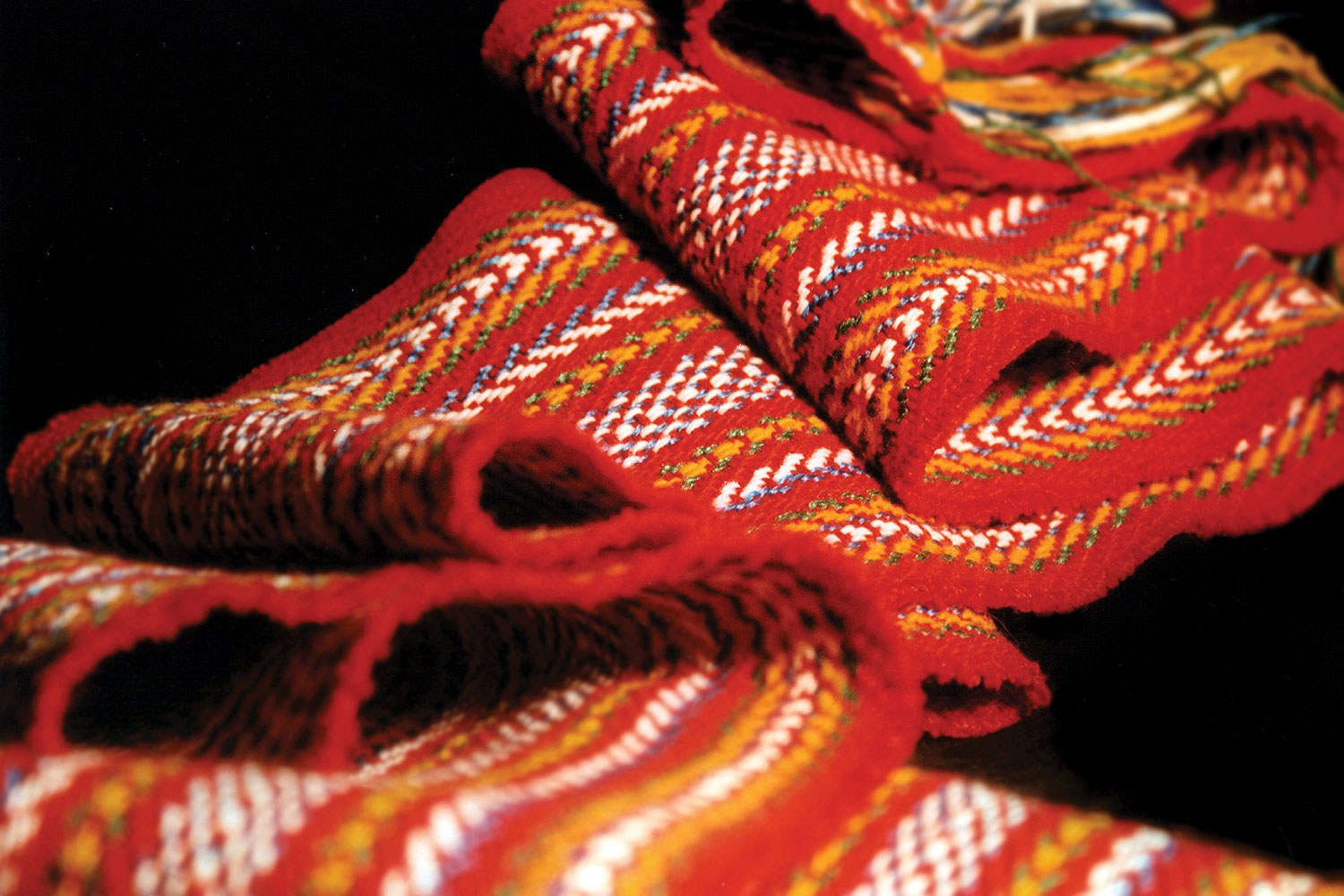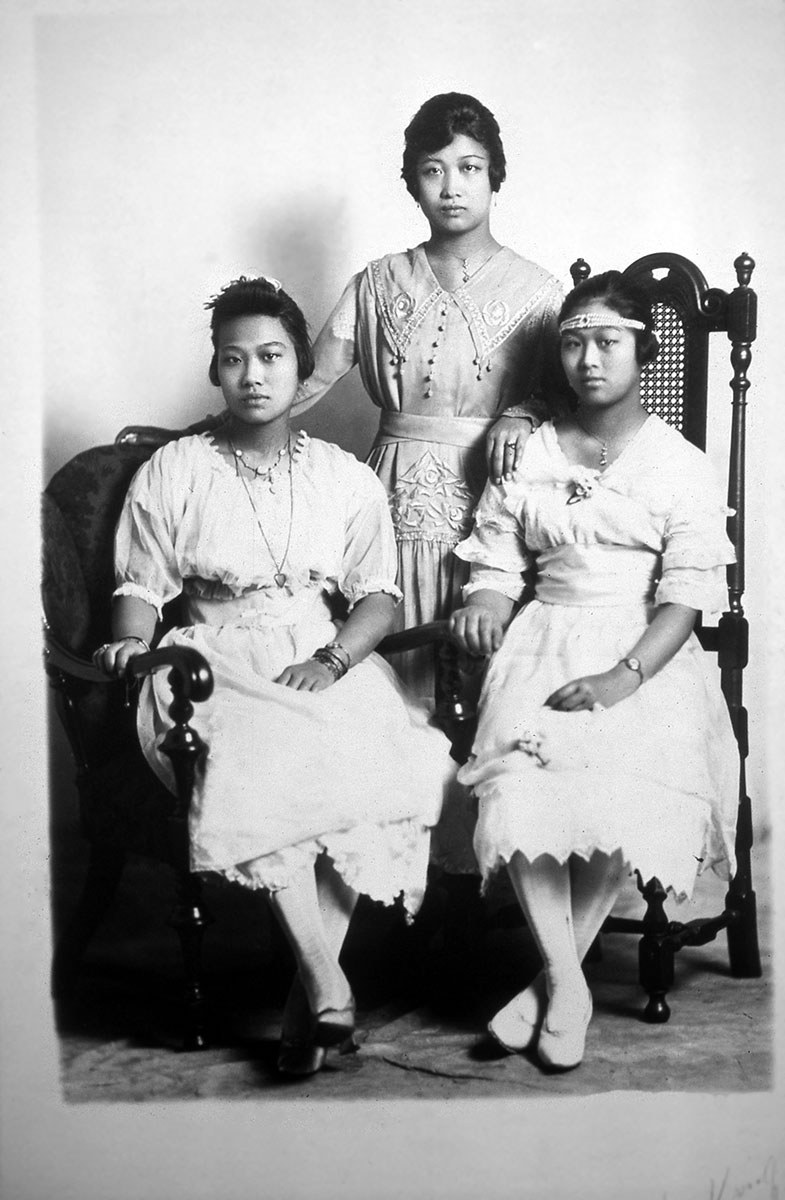

Browse by category
- Adaptive reuse
- Archaeology
- Arts and creativity
- Black heritage
- Buildings and architecture
- Communication
- Community
- Cultural landscapes
- Cultural objects
- Design
- Economics of heritage
- Environment
- Expanding the narrative
- Food
- Francophone heritage
- Indigenous heritage
- Intangible heritage
- Medical heritage
- Military heritage
- MyOntario
- Natural heritage
- Sport heritage
- Tools for conservation
- Women's heritage

- Home
- Adaptive reuse
- Archaeology
- Arts and creativity
- Black heritage
- Buildings and architecture
- Communication
- Community
- Cultural landscapes
- Cultural objects
- Design
- Economics of heritage
- Environment
- Expanding the narrative
Expanding the narrative
This is part of a broader conversation about whose history is being told, about gender, people of colour and the economically disenfranchised, and others whose stories have been overlooked or intentionally omitted from the authorized discussion.
- Food
- Francophone heritage
- Indigenous heritage
- Intangible heritage
Intangible heritage
Intangible cultural heritage includes language, traditions, music, food, special skills, etc.
- Medical heritage
- Military heritage
- MyOntario
- Natural heritage
- Sport heritage
- Tools for conservation
- Women's heritage
The Métis sash
Métis youth leader Katelyn LaCroix was recently asked what being Métis meant to her. She replied that “like the sash, we are two cultures coming together to create something new and beautiful and useful.” This comparison is as apt as it is poetic because the sash is such an essential ingredient to our Métis heritage and culture.
Like the Métis themselves, the sash arose out of the fur trade and the daily lives of our voyageur ancestors. Combining First Nations finger-weaving techniques with European wool, brightly coloured sashes were first worn by voyageurs for practical purposes. They provided back support, could be used as ropes, tumplines, towels, bridles and for assorted other purposes. Eventually, they became a badge of occupation and Métis voyageurs in particular embraced its use and began wearing them for ceremonial purposes. Over time, it became known as the “Métis sash.”
Today, the sash remains one of the greatest symbols of the Métis Nation. It is worn proudly both around the waist and over the shoulder and is embraced by youth like Katelyn as well as our elders and is worn at meetings, formal occasions and celebrations all across our homeland. With it, we proclaim, “We are Métis.”
RelatedStories

- 01 Oct 2019
- Indigenous heritage
Community - Author: Kayleigh Speirs and Art Hunter,
Present. Preserve. Protect.
Kay-Nah-Chi-Wah-Nung Historical Centre, the Place of the Long Rapids, is a historically significant meeting place located along the banks of Manidoo Ziibi (Spirit River or...
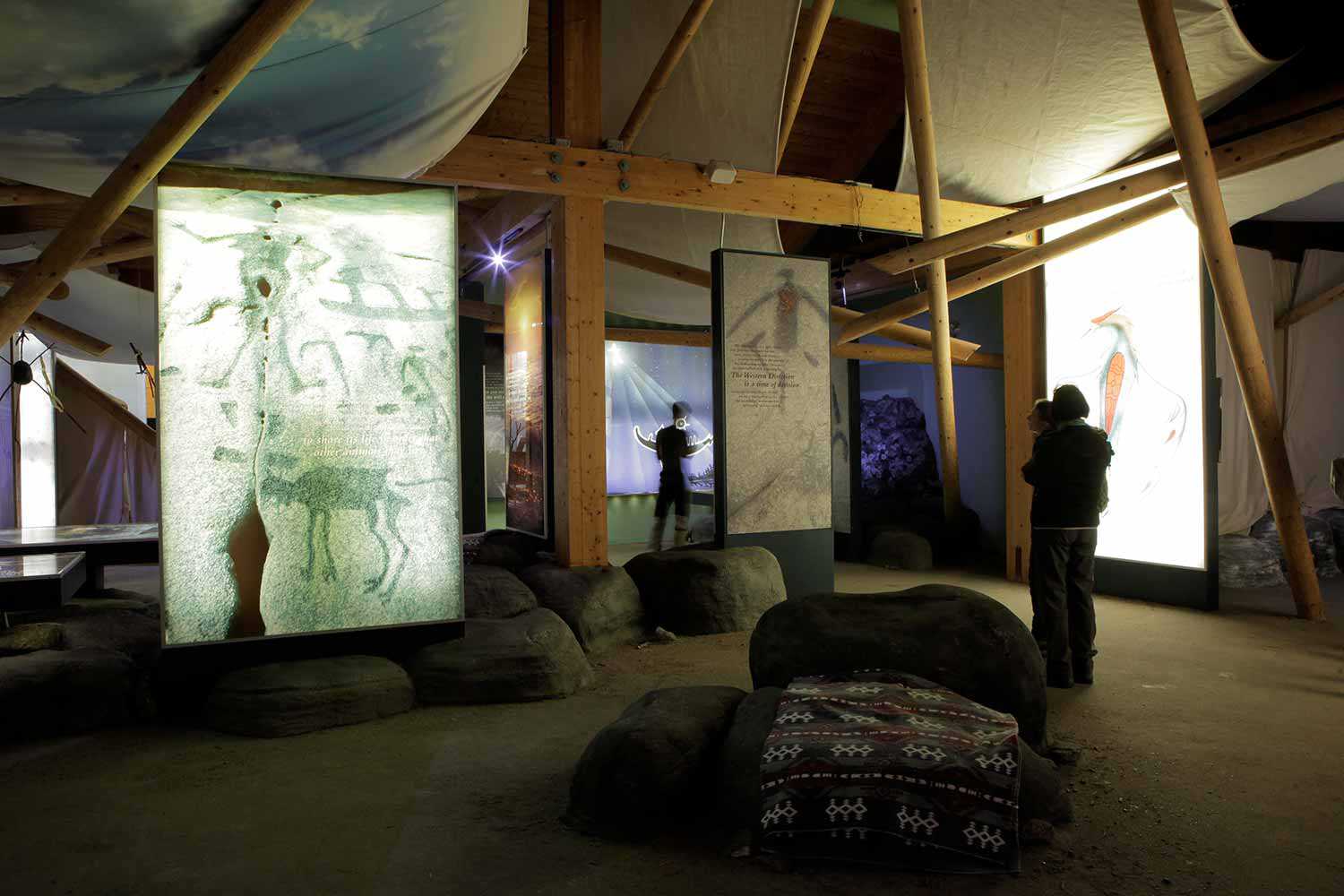
- 20 Mar 2019
- Indigenous heritage
Communication - Author: Anne Taylor,
Kinomaage Waapkong – The Teaching Rocks
When one makes the journey to Kinomaage Waapkong – known in English as Petroglyph Provincial Park – one is struck by the incredible beauty of...
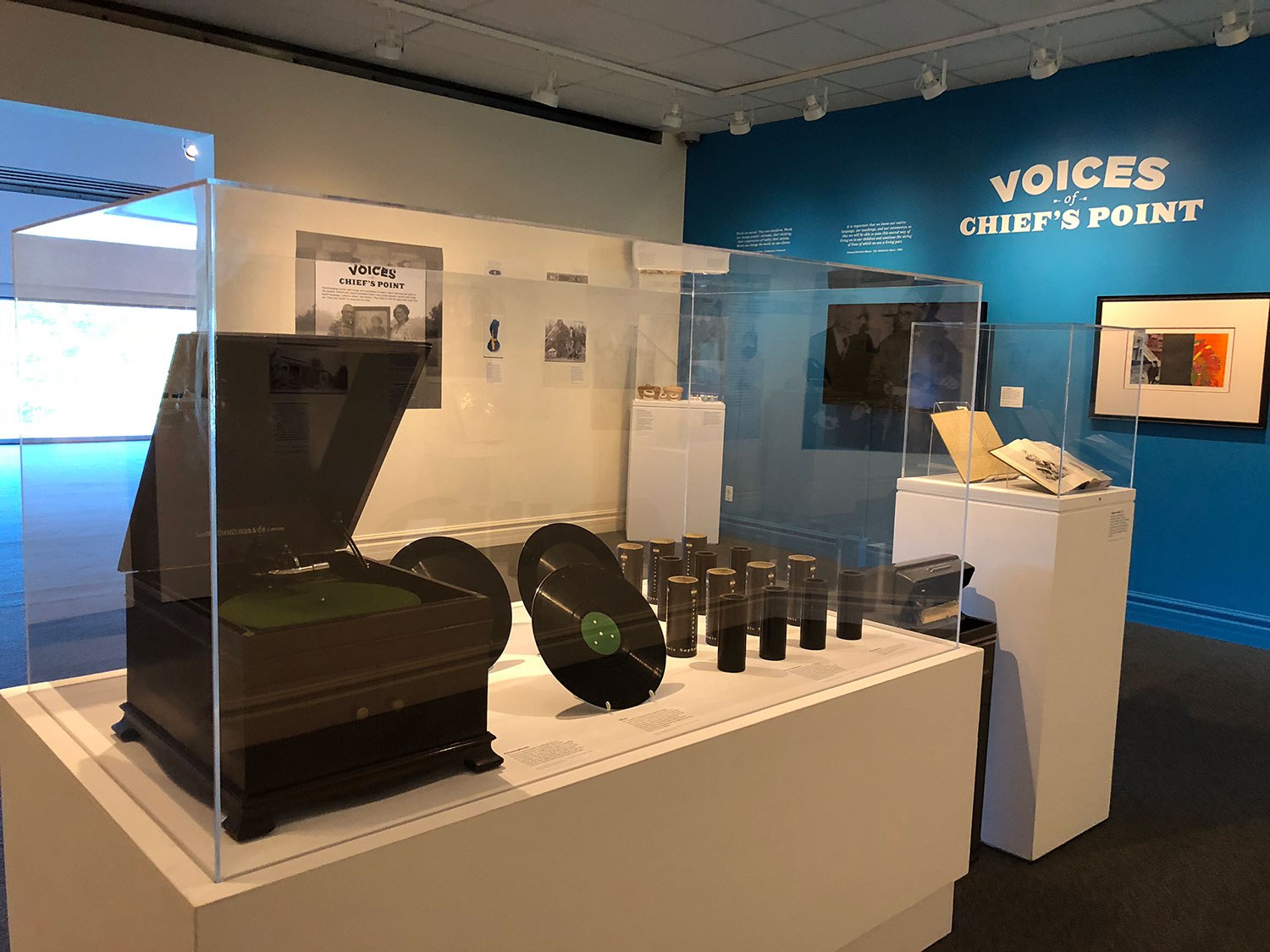
- 20 Mar 2019
- Indigenous heritage
Communication - Author: Amber Lloydlangston and Bimadoshka Pucan,
Voices of Chief’s Point
In 1938, Londoner Dr. Edwin Seaborn worked with Anishinaabe Elders, Pe-wak-a-nep (also known as Robert Thompson) and his wife Eliza to record Anishinaabeg stories and...

- 20 Mar 2019
- Indigenous heritage
Communication - Author: Duncan McCue,
More than words: why I’m trying to learn the language of my ancestors
Losing our talk I’m from the Chippewas of Georgina Island First Nation in southern Ontario. My people refer to ourselves as Anishinaabe, which translates literally...

- 07 Sep 2018
- Economics of heritage
Indigenous heritage - Author: Philip Cote,
Remembering our ancestors
“The importance of knowing your story is to have a sense of belonging and if you have this, you will have a sense of responsibility...

- 07 Sep 2018
- Expanding the narrative
Indigenous heritage - Author: Gord Jones,
Pimachiowin Aki – Canada’s newest World Heritage Site
On July 1, 2018, during the 42nd Session of the World Heritage Committee in Manama, Bahrain, Pimachiowin Aki was inscribed on the UNESCO World Heritage...

- 07 Sep 2018
- Expanding the narrative
Indigenous heritage - Author: Anne Taylor,
All land is sacred
According to all First Nations on Turtle Island, ALL LAND IS SACRED. We do not consider that some places are more sacred than others. All...
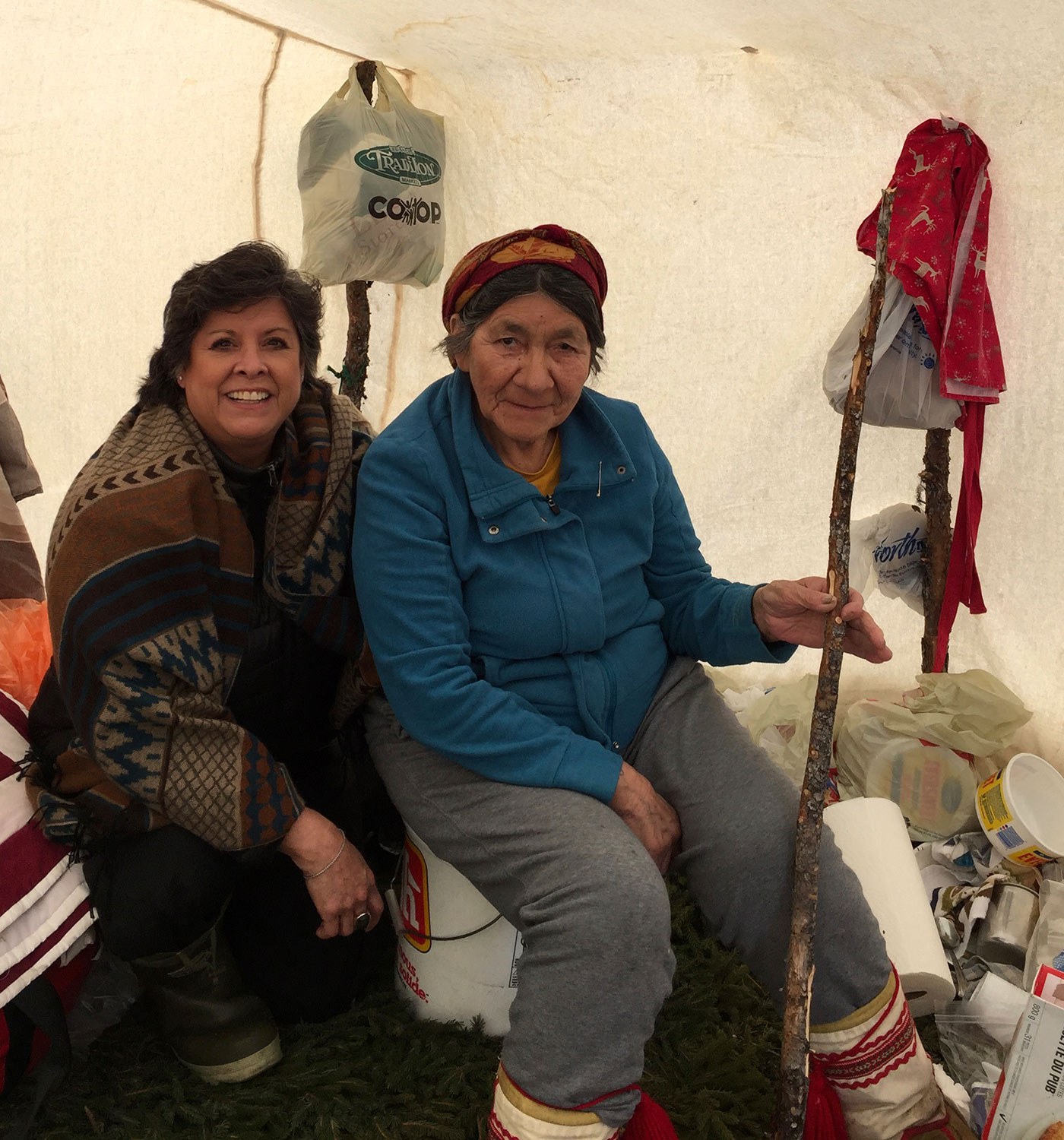
- 20 Mar 2018
- Women's heritage
Indigenous heritage - Author: Dr. Cynthia Wesley-Esquimaux,
Suffrage and Indigenous women in Canada
What has it been like to grow up in a society only now beginning to take note and respect the contributions of Indigenous women? When...
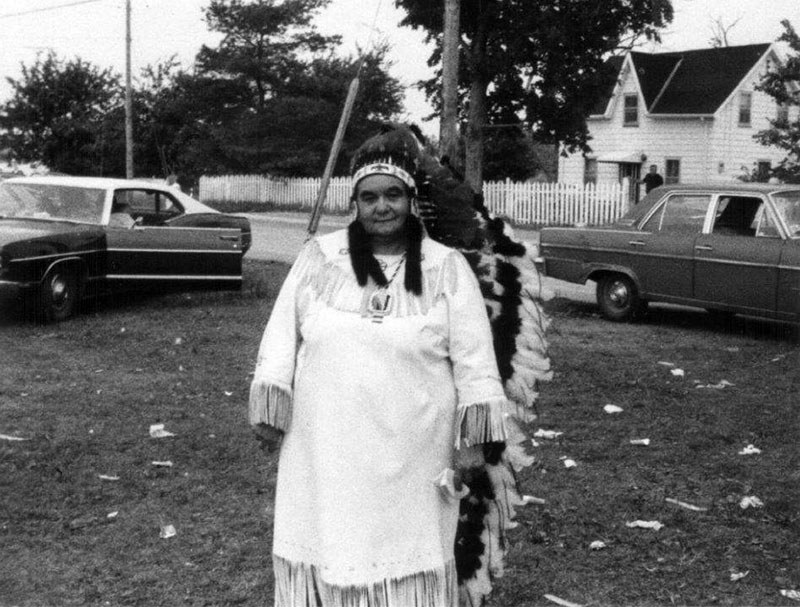
- 20 Mar 2018
- Women's heritage
Indigenous heritage - Author: Rita Rose,
Canada’s first elected woman chief
Elsie Knott was born at her Curve Lake home on September 20, 1922 to George and Esther Taylor, the fifth of six siblings. Because of...

- 08 Sep 2017
- Intangible heritage
Indigenous heritage - Author: Taylor Gibson,
Still alive and speaking
When you consider the connection between language and culture, you need to keep in mind that you can never really fully understand a book translated...
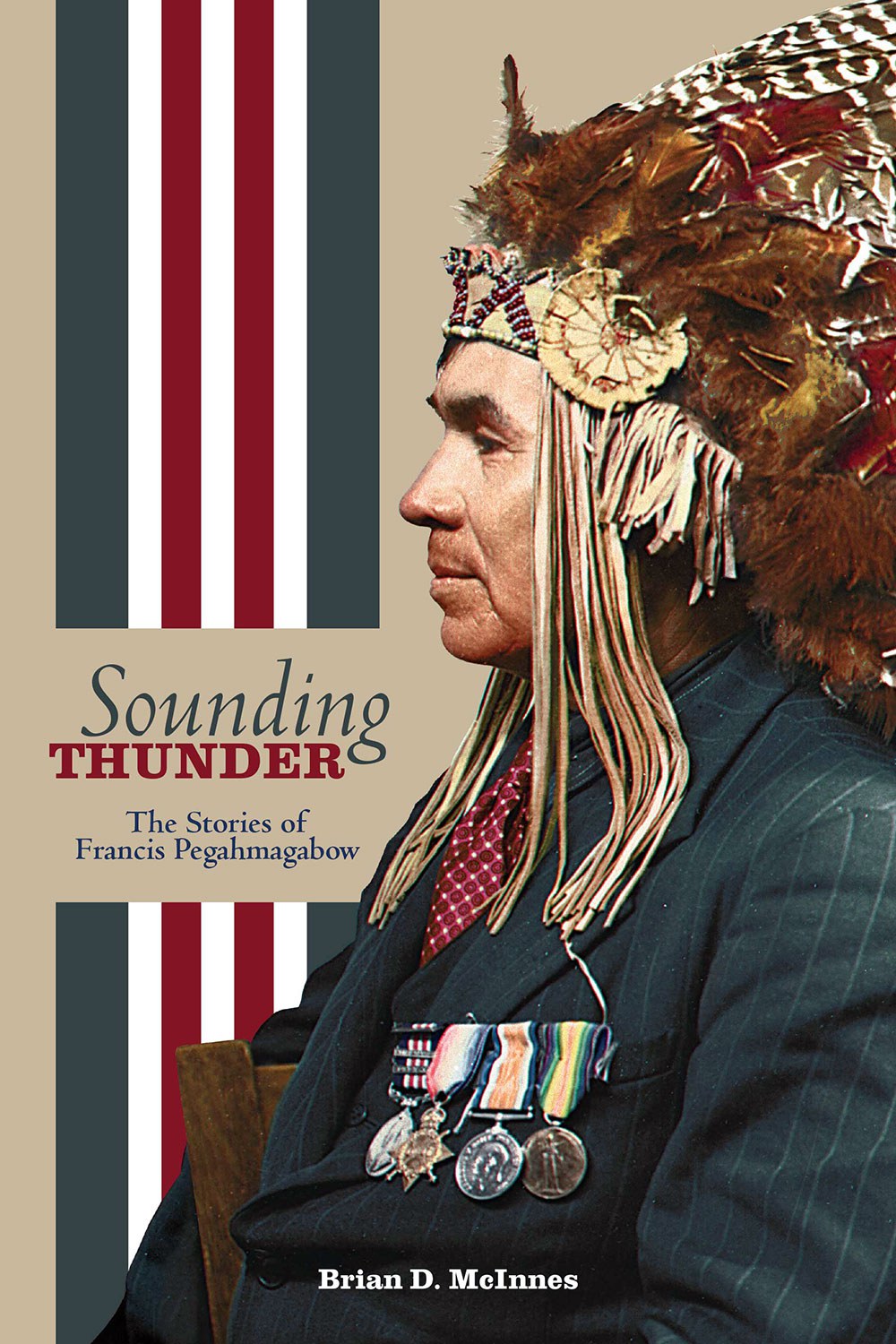
- 08 Sep 2017
- Intangible heritage
Indigenous heritage - Author: Dr. Brian Waabishki-makwa McInnes,
The Elders taught me
At its deepest level, culture frames how we see the world; the unique way that we think and act is intimately related to the perspectives...
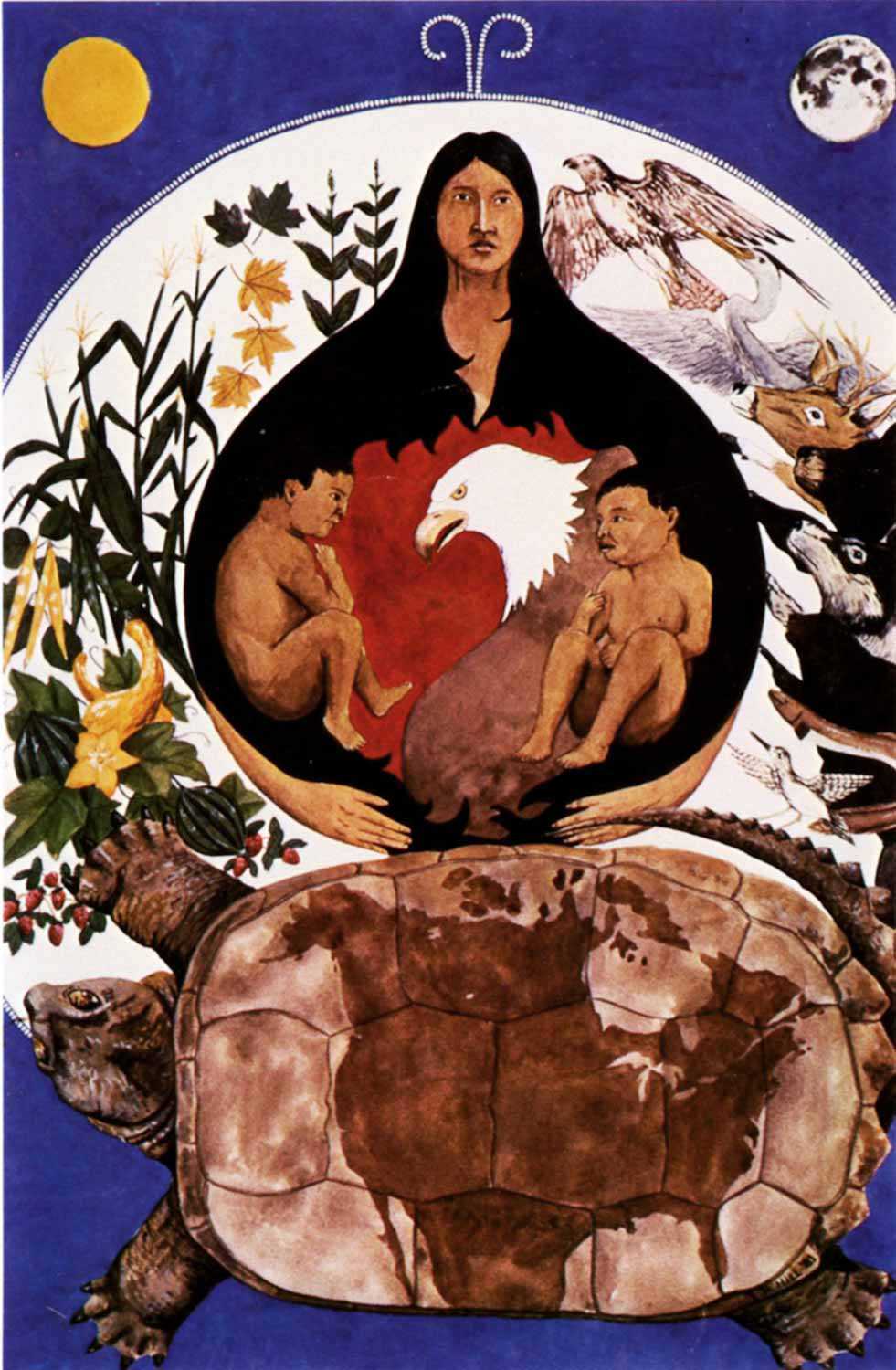
- 08 Sep 2017
- Intangible heritage
Indigenous heritage
Arts and creativity - Author: Rick Hill,
Clay connection – Indigenous living and creativity
A couple of decades ago, I witnessed a friendly debate between a white historian and an Indigenous ethnologist. The well known historian, who just happened...

- 17 Feb 2017
- Buildings and architecture
MyOntario - Author: Kevin Mannara,
What was and what will be
The term symbolkirchen can roughly be translated as a “symbol bearing church.” Such churches point to living realities beyond ourselves and hold the potential to...

- 17 Feb 2017
- MyOntario
- Author: Jim Szilva,
A nickel and a prayer
In 1963, a firefighter named Ted Szilva entered a contest organized by the Canadian Centennial Committee in Sudbury. The committee asked residents of the city...

- 17 Feb 2017
- MyOntario
- Author: James Raffan,
On Cranberry Lake
Afloat at dawn and inhaling the misty rays of rising late-summer sun. Other days, it might be a sunset paddle with a Thermos of coffee...

- 17 Feb 2017
- MyOntario
- Author: Melanie Pledger,
Learning from the past
I’m proud to be a Canadian. I’m also proud to be an Ontarian. Going one step further, I’m proud to be a Falcon. In 2014...

- 17 Feb 2017
- MyOntario
- Author: David Onley,
Thoughts about Ontario at 150
The photo became an heirloom in our family: a picture of Her Majesty the Queen at Kew Gardens in The Beach, escorted by Toronto Maple...
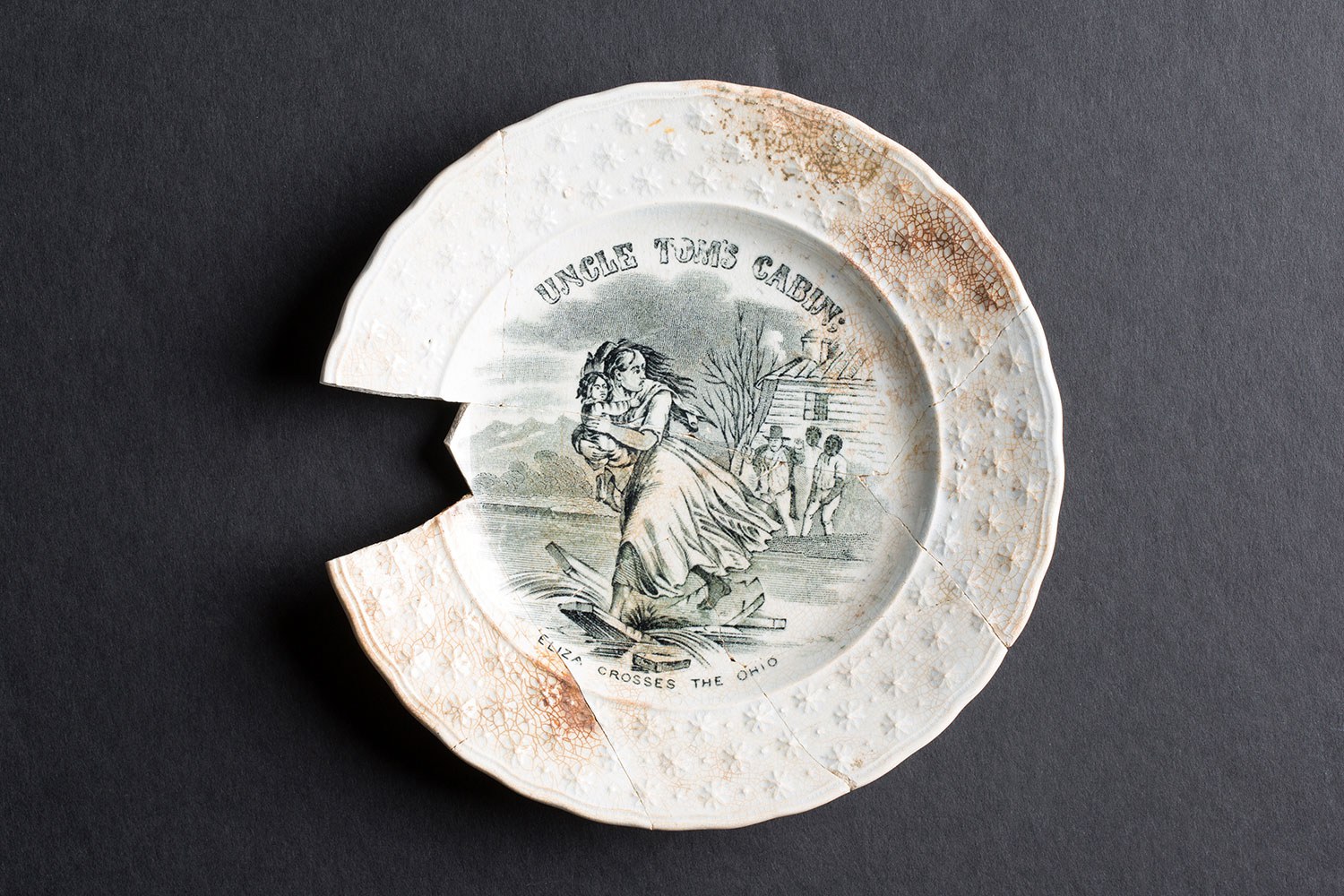
- 17 Feb 2017
- Black heritage
MyOntario - Author: Holly Martelle,
Hopes for the future
My life as an archaeologist often consists of hour upon hour of painstaking analysis of small bits and pieces of everyday life. But last year...
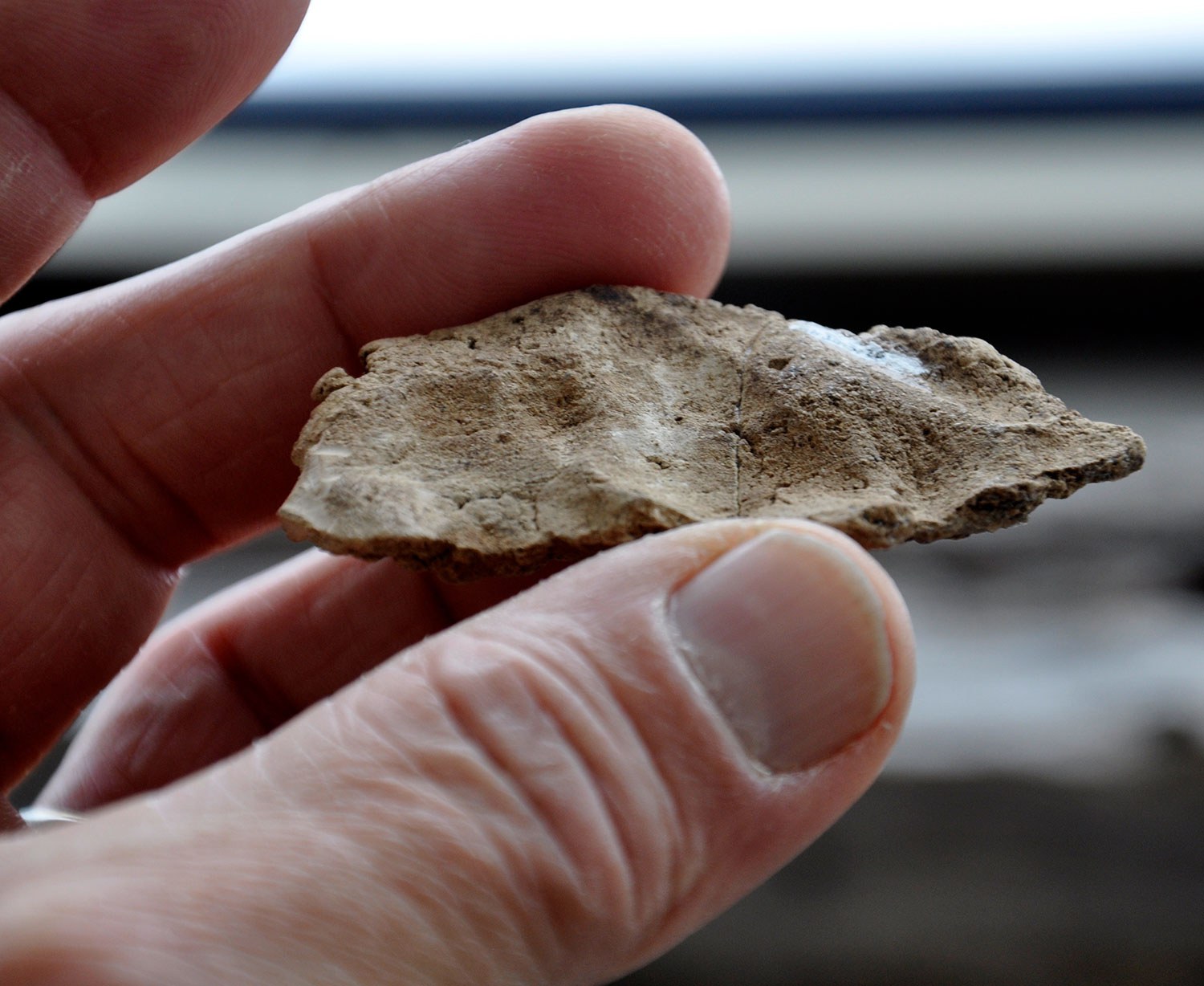
- 17 Feb 2017
- Indigenous heritage
Archaeology
MyOntario - Author: Jean-Luc Pilon,
The gift of time travel
In the summer of 1982, I was carrying out archaeological research near the shores of Hudson Bay on the Severn River. One of the sites...
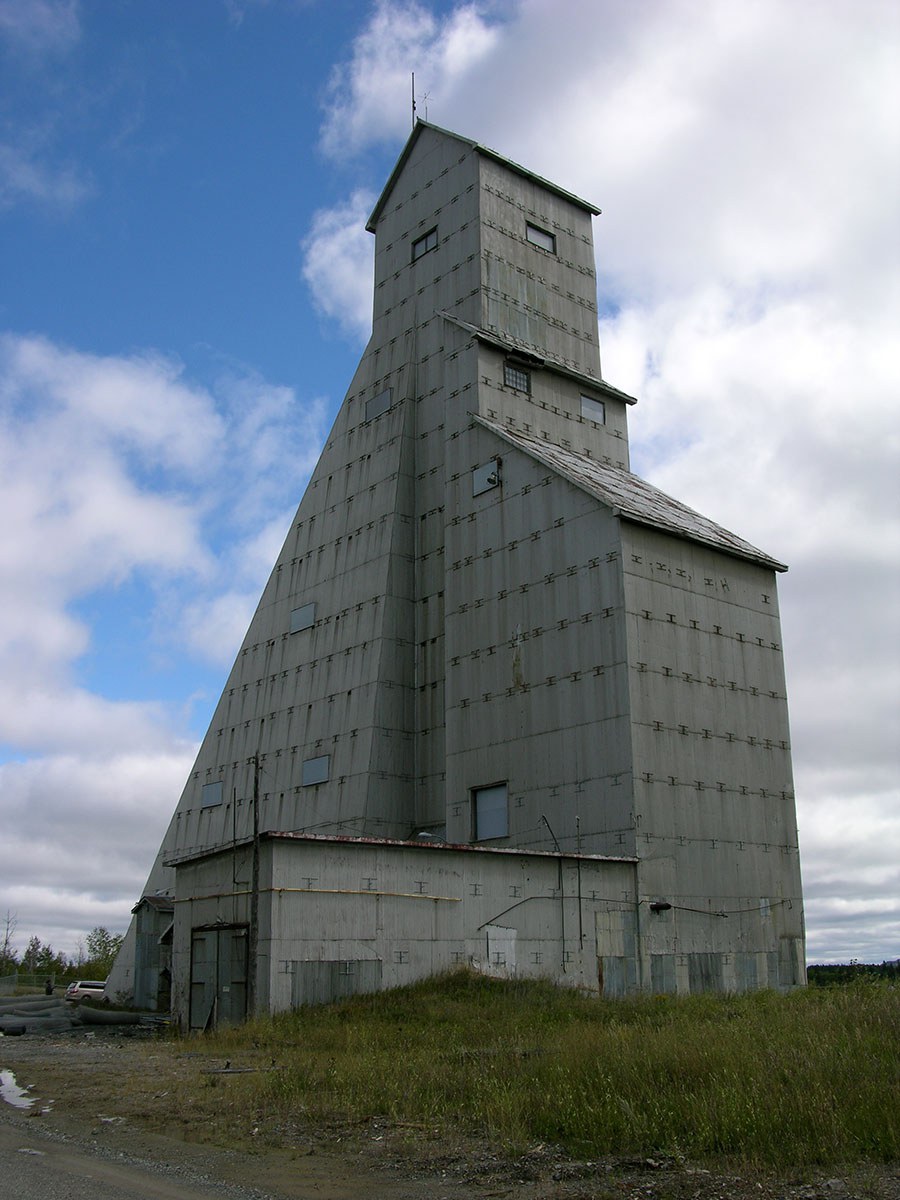
- 17 Feb 2017
- Buildings and architecture
MyOntario - Author: Georges Quirion,
Ontario’s rich industrial history
Northern Ontario has unique structures, not familiar to many, spread out through small northern communities, reflecting its rich history and its vast wealth of precious...

- 17 Feb 2017
- Indigenous heritage
MyOntario - Author: Konrad Sioui,
The heart of North America
There are many stories that we can share. Well, first of all, the word “Ontario” itself. Many people don’t know what it means. People try...

- 17 Feb 2017
- Expanding the narrative
MyOntario - Author: David Rayside,
Making history
At 6 p.m. on December 2, 1986, Ontario’s legislative assembly was scheduled to vote on adding “sexual orientation” to the province’s Human Rights Code. Ten...
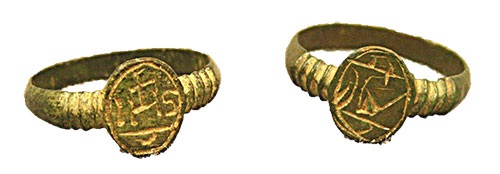
- 17 Feb 2017
- Archaeology
MyOntario - Author: William R. Fitzgerald,
A divine intersection of history and archaeology
Suspicion, fear, and intimidation met Jesuit priests Jean de Brébeuf and Pierre-Joseph-Marie Chaumonot during their Mission of the Angels to “la Nation Neutre” between November...

- 17 Feb 2017
- MyOntario
- Author: Eleanor McMahon,
A Place to Stand
As Minister of Tourism, Culture and Sport, I’ve had the privilege to meet many proud, talented and hardworking Ontarians through my participation in a number...

- 17 Feb 2017
- Natural heritage
MyOntario - Author: Steve Paikin,
Heaven on earth
A month before Ontario turns 150 years old, I’ll celebrate my 57th birthday. I’ve lived all but one of those years in the province of...

- 17 Feb 2017
- MyOntario
- Author: Scarlett Janusas,
Underwater archaeology
I’ve always had a passion about archaeology and also about water. I love being on the water and under it. So, what better way to...

- 17 Feb 2017
- Natural heritage
MyOntario - Author: Yannick Bisson,
Reconnecting with nature
My first visit to Ontario, from Québec, was at about age 8. I have a distinct memory of arriving by car down the Don Valley...

- 17 Feb 2017
- MyOntario
- Author: Deepa Mehta,
Ontario’s rich diversity
When I think of Ontario, I think of inclusion, diversity and the resulting richness it brings to our province. In a world that is becoming...

- 17 Feb 2017
- Indigenous heritage
MyOntario - Author: Josephine Mandamin,
Walking with the water
When we walk with the water, we pray for the water. The water that we carry, we pray for it, and we pray to it...
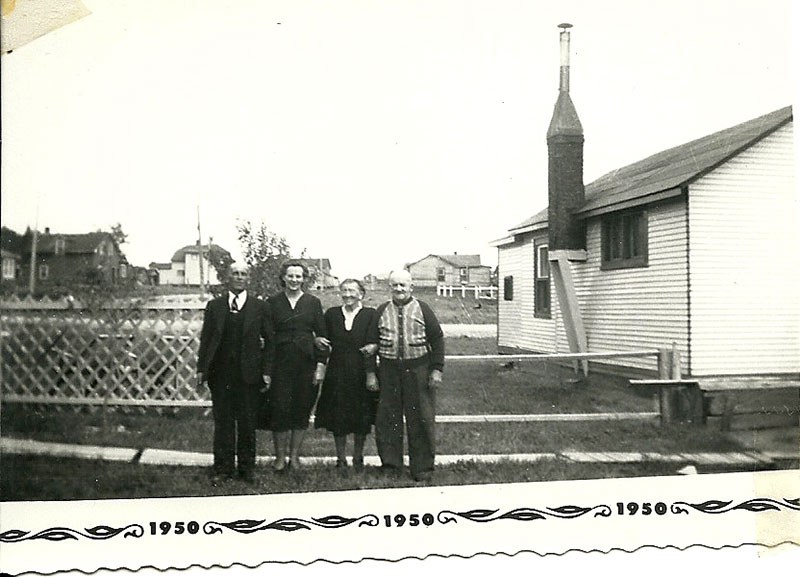
- 17 Feb 2017
- Francophone heritage
MyOntario - Author: Joëlle Roy,
Descendants de la Vallée du Saint-Laurent
Il est parti au chantierY avait à peine 15 ansY a moyen de s’en sortirPour ça, faut faire d’l’argentY en a en Ontario sous la...

- 17 Feb 2017
- MyOntario
- Author: Ellen Scheinberg,
Celebrating the history of Toronto’s Jewish cemeteries
Over the past decade, I have developed a passion for cemeteries. It started during my tenure as Director of the Ontario Jewish Archives, when I...

- 17 Feb 2017
- Archaeology
MyOntario - Author: Dr. Patrick Julig,
Reflections on ancient quarry sites of northern Ontario
In the 1980s-90s, I excavated at Cummins and Sheguiandah National Historic Site quarry/ workshops in northern Ontario – in addition to many neat places elsewhere...

- 17 Feb 2017
- MyOntario
- Author: The Honourable Elizabeth Dowdeswell,
The conscience of our province
Ontario’s Legislative Building, completed in 1893, is a magnificent structure filled with stories from the most significant moments in our province’s modern history. The place...

- 17 Feb 2017
- Indigenous heritage
Buildings and architecture
MyOntario - Author: R. Donald Maracle,
Christ Church, Her Majesty’s Chapel Royal of the Mohawk – Tyendinaga Mohawk Territory
During the American Revolution, the Mohawks were forced to flee their homeland in upper New York State. In 1784, after spending several years in Lachine...

- 17 Feb 2017
- MyOntario
- Author: Larry Richards,
Ontario trains
My first views of Ontario were from a passenger train 45 years ago. In 1972, I crossed the border at Detroit and took a train...

- 17 Feb 2017
- Natural heritage
MyOntario - Author: Joseph Desloges,
Celebrating the Chinguacousy Badlands
The Chinguacousy (“land of the young pines”) Badlands have been visited by hundreds of thousands of Ontarians. This rapidly eroding clay-shale bedrock at the foot...

- 17 Feb 2017
- MyOntario
- Author: Charlie Fairbank,
An enduring landscape
Each morning, I open the door of our farmhouse and step into an enduring landscape of beauty, shaped by horse and man. Sheep dot the...

- 17 Feb 2017
- MyOntario
- Author: David P. Silcox,
My Ontario is …
MY ONTARIO IS: RosalieAbella, RobertAitken, AndréAlexis, LouApplebaum, MargaretAtwood, IainBaxter&, StanBevington, BillBissett, JeanBoggs, DaveBroadfoot, EdBurtynsky, JackBush, JackCostello, DavidCrombie, KikiDelaney, LouiseDennys, MichaeldePencier, RamsayDerry, RupertDuchesne, BuddFeheley, MaureenForester, DavidFrench...
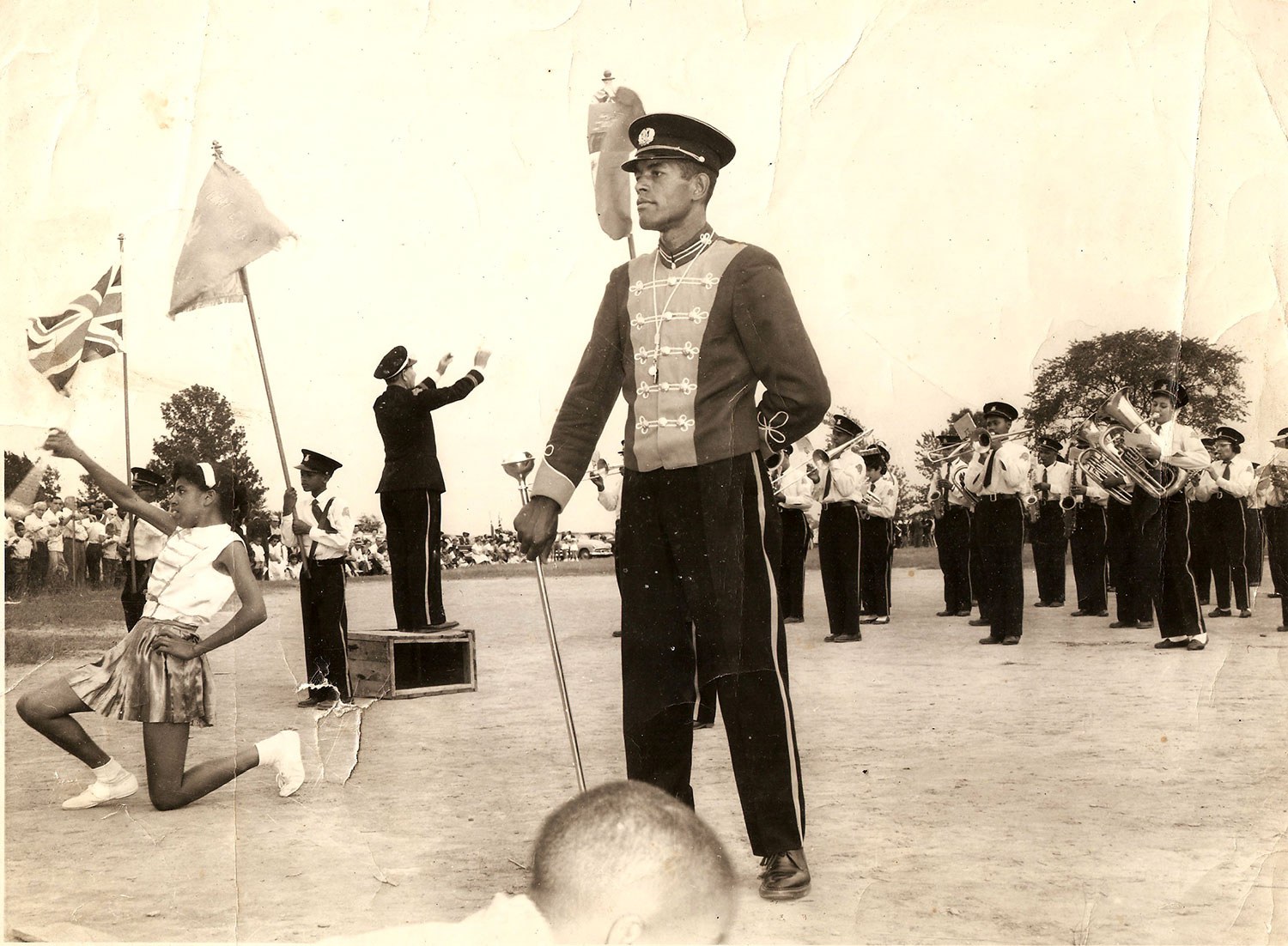
- 17 Feb 2017
- Black heritage
MyOntario - Author: Adrienne Shadd,
Reflections on my hometown
In the year of the 150th birthday of Canada, I would like to pay tribute to my hometown. North Buxton started out in 1849 as...

- 17 Feb 2017
- MyOntario
- Author: Atom Egoyan,
R.C. Harris Water Filtration Plant
Whenever I have visitors to Toronto, I take them to the Harris Filtration Plant. This beautiful complex is one of the few remaining examples of...
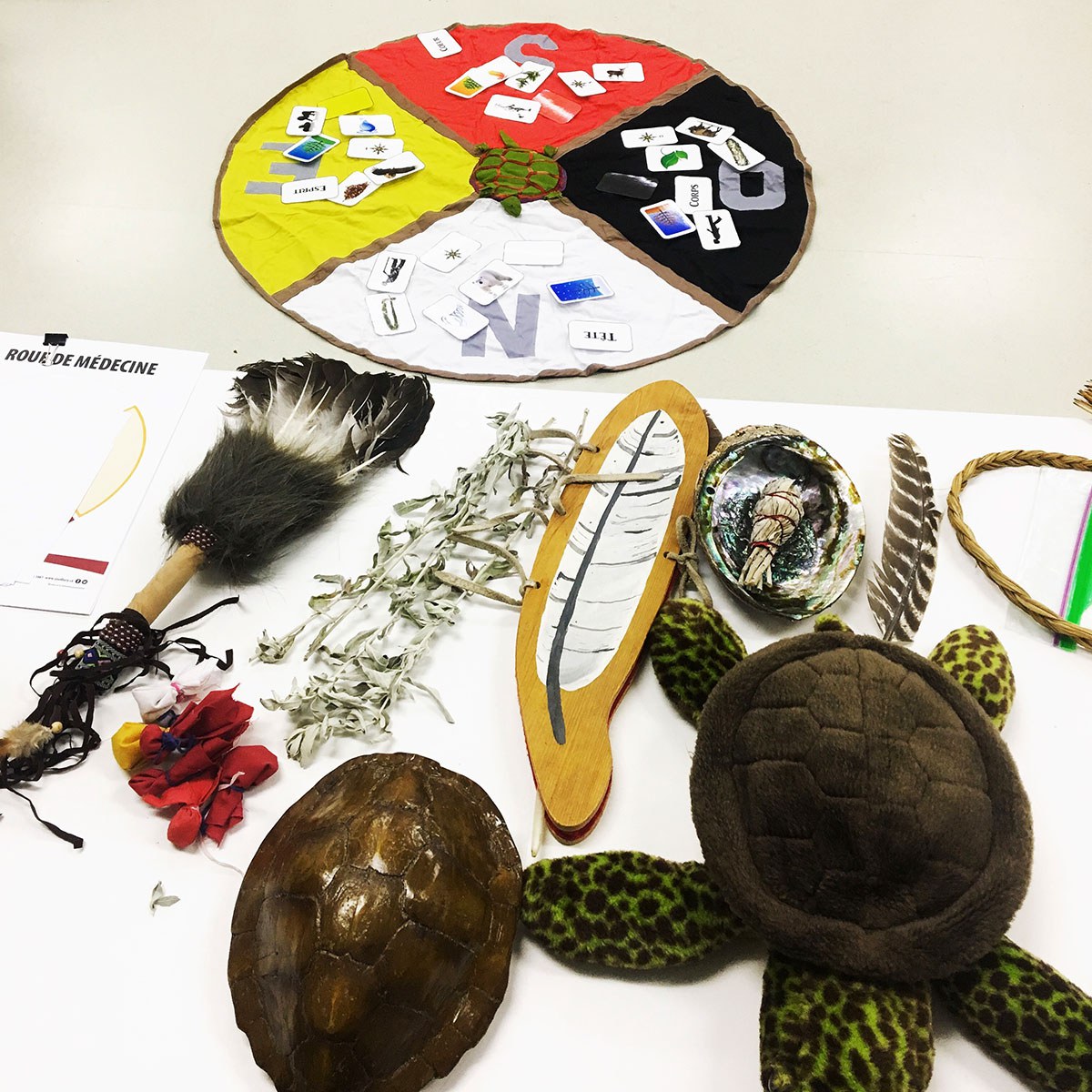
- 17 Feb 2017
- Indigenous heritage
MyOntario - Author: Mélanie-Rose Frappier,
On the path to reconciliation
Education is key. It will lead to healing as well as social awareness about the Indigenous culture. My ancestors spent hundreds of years fighting for...
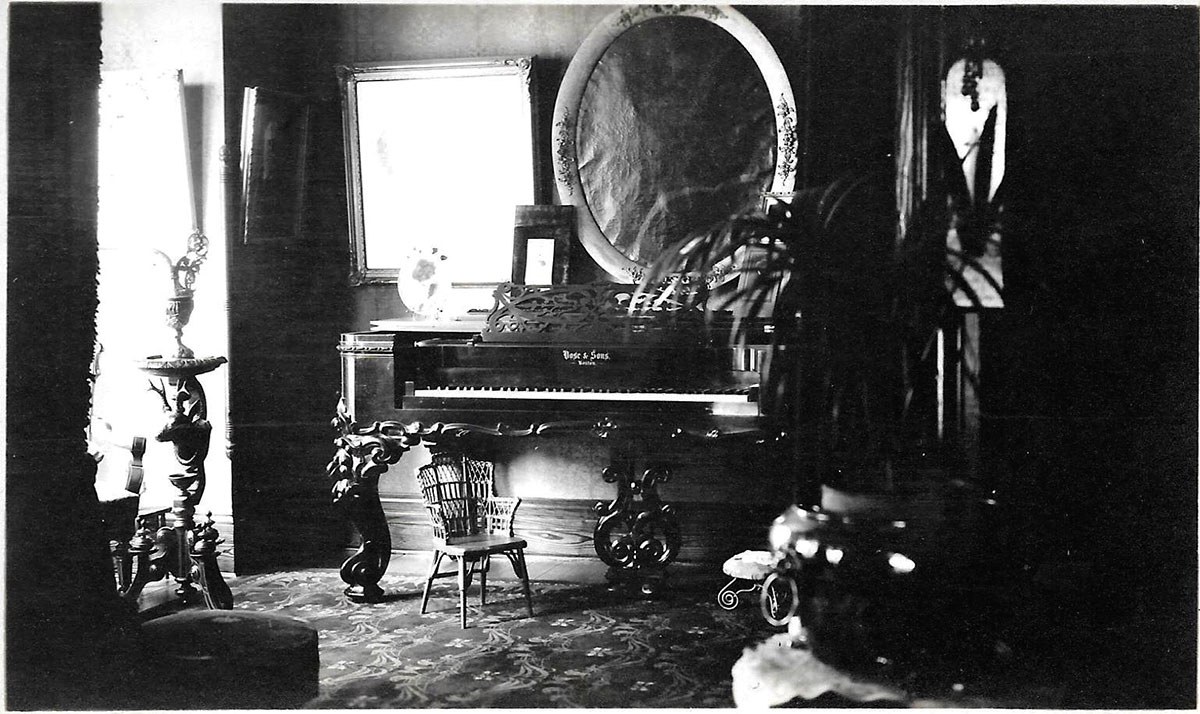
- 17 Feb 2017
- MyOntario
- Author: Carl Benn,
Edwardian home photos
I possess 16 photographs from c.1905 of my great-grandparents’ home in St. Catharines. At a personal level, I like these pictures because they record details...

- 17 Feb 2017
- MyOntario
- Author: Manuel Stevens,
Stepping back in time to Old Ontario
My Ontario is the Rideau Canal region between Smiths Falls and Kingston. Having spent many years as the planner for the Rideau Canal – and...

- 17 Feb 2017
- Expanding the narrative
MyOntario - Author: Beth Hanna,
The stories that define us
Stories are powerful. They reveal our values, pleasures and memories, the rituals and rhythms of our lives, our spiritual natures, our creative selves, our triumphs...

- 17 Feb 2017
- MyOntario
- Author: D'Arcy Jenish,
Making the voyage
Our voyage aboard the MV Algomarine began at the Port of Montreal late on a Saturday afternoon in July 2007 and ended early the following...

- 17 Feb 2017
- Indigenous heritage
MyOntario - Author: Susan Bryan,
Someone has passed this way before
I’m standing on the deck of a small boat, riding the swells of the Nipigon River where it widens into Lake Superior. In front of...
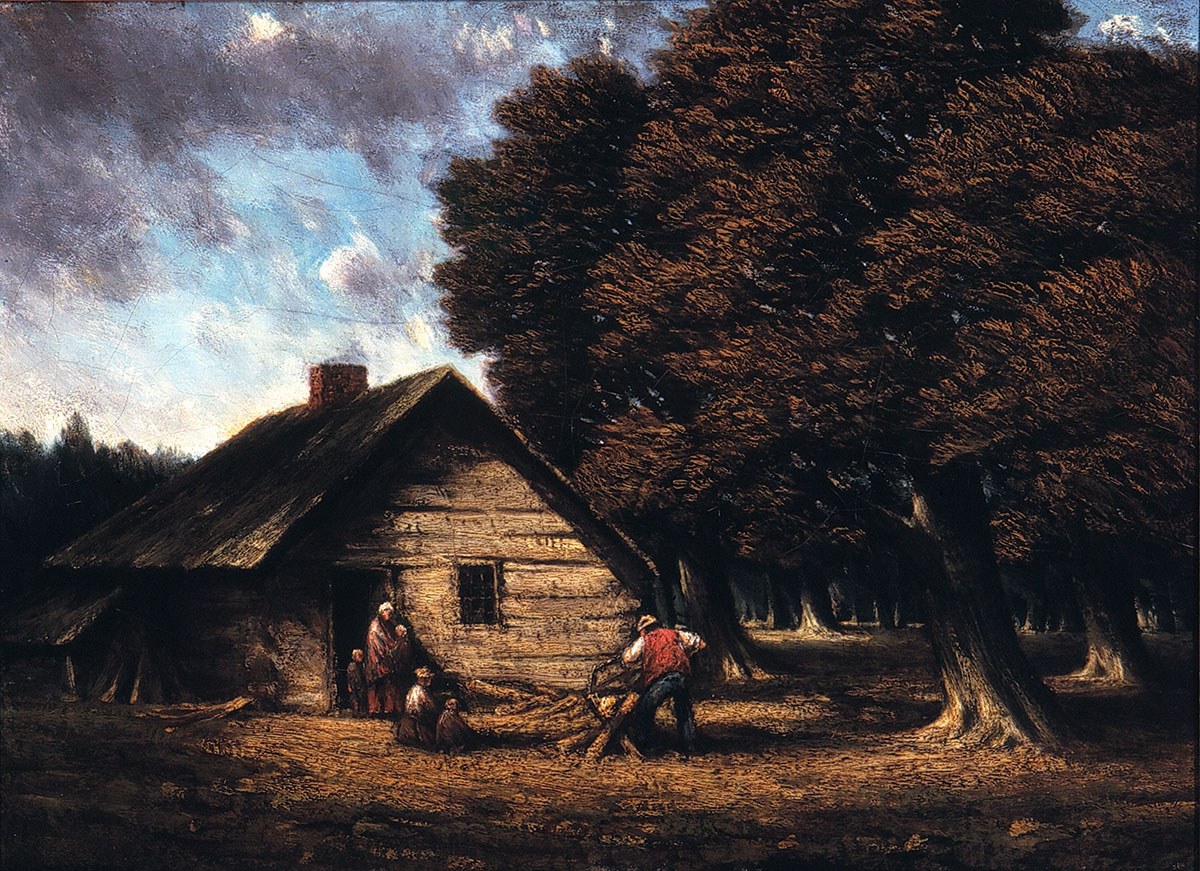
- 17 Feb 2017
- Arts and creativity
MyOntario - Author: Thomas H.B. Symons,
Homer Watson: Ontario’s pioneer artist
Homer Watson’s paintings and drawings captured the spirit of pioneer Ontario much as, in a later generation, the work of the Group of Seven captured...
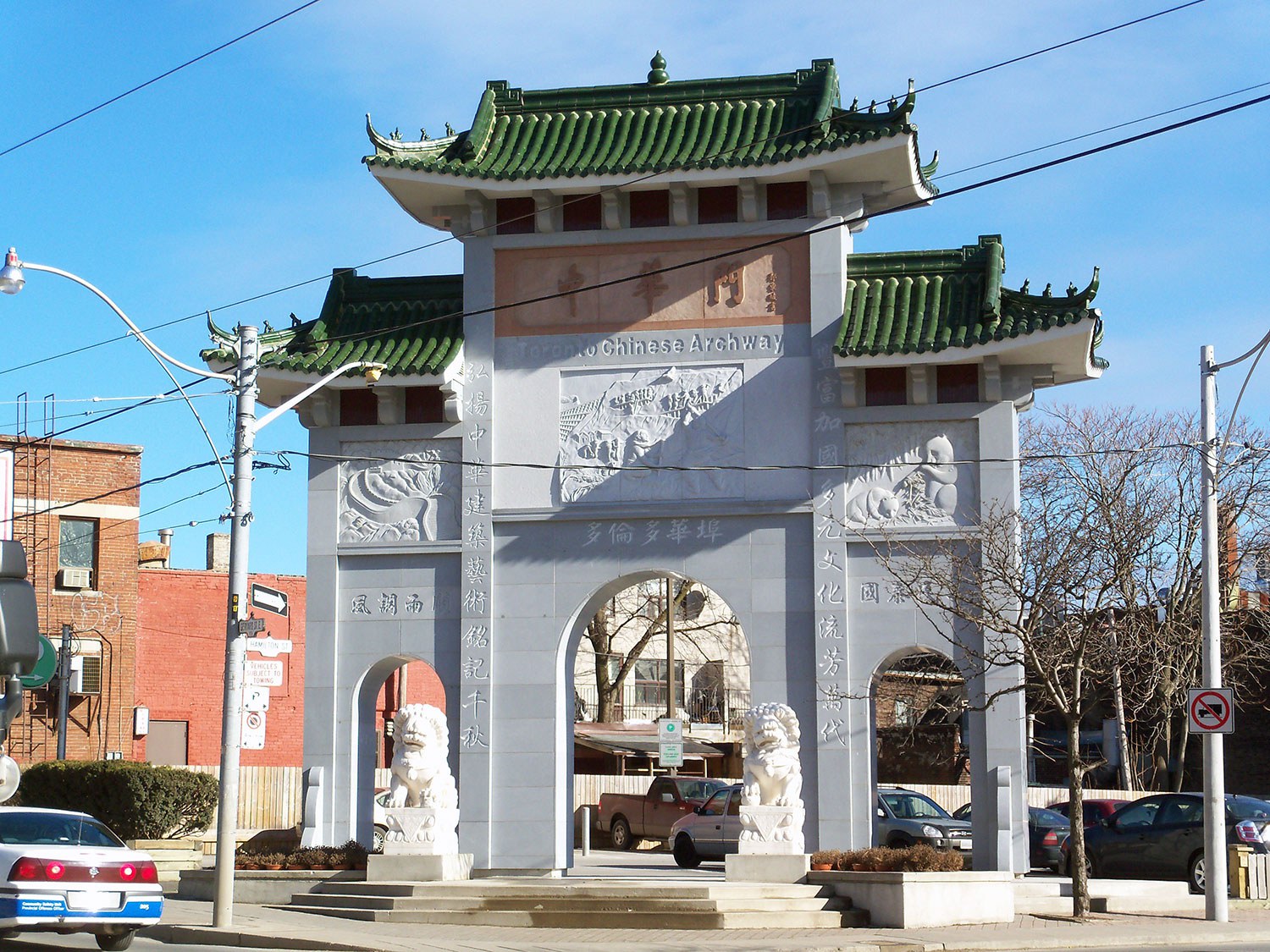
- 17 Feb 2017
- MyOntario
- Author: Arlene Chan,
Gateway to Ontario
Toronto’s Chinatown East has a beautiful gateway – a Chinese architectural tradition first introduced in British Columbia in the 1880s. As a writer and Chinatown...

- 17 Feb 2017
- MyOntario
- Author: Michael Bliss,
You can go home again
I first saw the Camp Ahmek waterfront on Canoe Lake in Algonquin Park in 1951. I saw it again last summer – 65 years later...

- 17 Feb 2017
- Arts and creativity
MyOntario - Author: Todd Stewart,
Highway 11, near Hearst
I feel the deepest connection with a place when I’m alone in it, surrounded by silence, the rest of the world far away. The stillness...

- 17 Feb 2017
- MyOntario
- Author: Kathleen Wynne,
Honouring our past, embracing our future
Ontario is Canada’s largest and most diverse province – home to ingenuity, inclusiveness and optimism. Our province’s 150th birthday is a chance to reflect on...

- 17 Feb 2017
- Black heritage
MyOntario - Author: Karolyn Smardz Frost,
Digging for the Promised Land
In 1985, the Toronto school board and Ontario’s culture ministry created the Archaeological Resource Centre. There, schoolchildren and volunteers could dig into their own city’s...

- 17 Feb 2017
- MyOntario
- Author: The Honourable James K. Bartleman,
My Muskoka – Winter 1949
Every evening when I was a kid in the 1940s, I’d manoeuvre rough logs up onto a sawhorse and use a small bucksaw to cut...

- 17 Feb 2017
- Sport heritage
MyOntario - Author: Philip Pritchard,
Ontario and the Stanley Cup
Hockey is Canada’s national sport, and there is nothing more synonymous with hockey than the Stanley Cup. The tradition, the aura and the respect it...

- 17 Feb 2017
- Black heritage
MyOntario - Author: Dr. Afua Cooper,
The Black history of Ontario inspires me and defines who I am
Peggy Pompadour haunts me. I walk through the streets of Ye Olde Towne Toronto and I feel her presence – this Black enslaved woman who...

- 17 Feb 2017
- Natural heritage
MyOntario - Author: Michael Runtz,
Drawn back to Algonquin
Being a lifelong naturalist whose goal has been to explore Ontario’s natural history, I’ve come to appreciate just how rich this province’s biodiversity is. The...
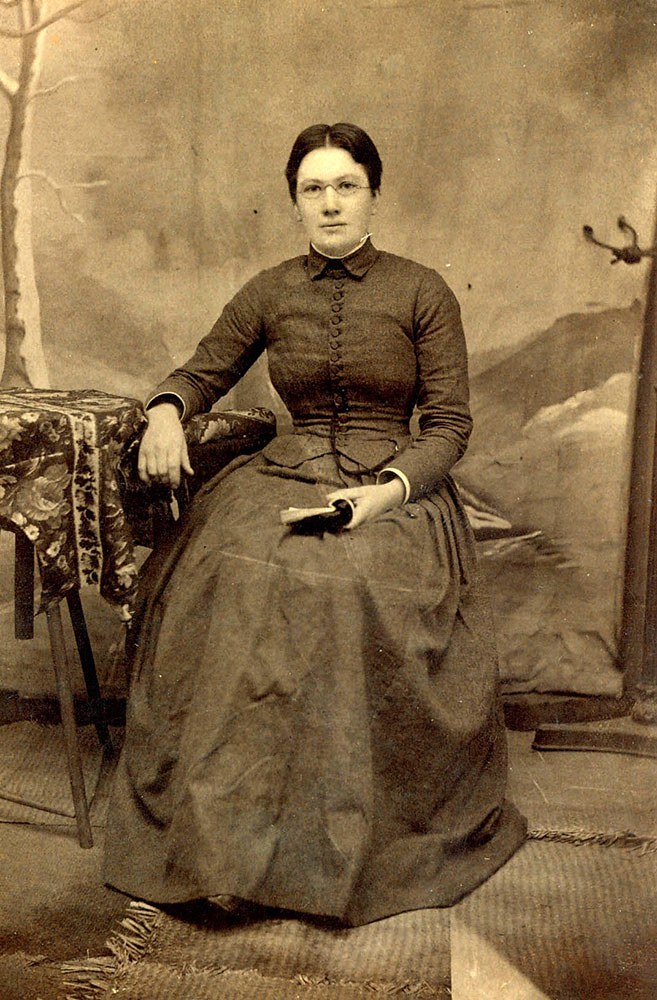
- 01 Feb 2017
- MyOntario
- Author: Sam Steiner,
The cloud of witnesses
As a historian of Mennonites in Ontario, I have always enjoyed wandering through Mennonite and Amish cemeteries. Whether plain Old Order Amish or Old Order...

- 12 Feb 2016
- Indigenous heritage
Medical heritage - Author: Ontario Heritage Trust,
Indigenous traditional medicine
“Traditional medicine” refers to knowledge and practices of Indigenous peoples that promote health and well-being, and that have been passed down from generation to generation...

- 05 Dec 2014
- Indigenous heritage
Natural heritage - Author: Erin Semande,
Along the Ottawa River
The original Trans-Canada Highway The Ottawa River is one of Canada’s most important transportation routes, playing an integral role in many of the key stories...

- 14 Feb 2014
- Indigenous heritage
- Author: Beth Hanna,
Thonnakona: Returning the ancestors to the land
On a calm, clear Saturday in September 2013, 1,760 Huron-Wendat ancestors were reburied at a secluded and peaceful meadow. Prior to the 17th century, the...

- 12 Oct 2012
- Indigenous heritage
Food - Author: Ryan DeCaire,
Understanding indigenous agricultural systems
Throughout a long history, indigenous peoples – with their rich cultural diversities and complexities – have continued to live in a way that works to...

- 11 Feb 2010
- Indigenous heritage
Archaeology - Author: Robert Pearce,
The archaeology of southwestern Ontario
Southwestern Ontario has an extremely rich and diverse cultural history dating back 11,000 years. We can follow human history and settlement through archaeology in this...

- 11 Feb 2010
- Indigenous heritage
Natural heritage - Author: Clint Jacobs,
Bkejwanong: Sustaining a 6,000-year-old conservation legacy
Nestled at the mouth of the St. Clair River on Lake St. Clair in southwestern Ontario is the Walpole Island First Nation or “Bkejwanong,” meaning...

- 10 Sep 2009
- Indigenous heritage
Buildings and architecture
Community - Author: Yves Frenette,
Churches of “New Ontario”
In the middle of the 19th century, northern Ontario remained much as it had been under the French regime – a region of Catholic missions...

- 10 Sep 2009
- Indigenous heritage
Buildings and architecture
Francophone heritage
Community - Author: Wayne Kelly,
Ontario’s rich religious heritage
From the First People who for thousands of years conducted religious and cultural ceremonies at places they believed held spiritual significance, to subsequent arrivals who...

- 10 Sep 2009
- Indigenous heritage
Buildings and architecture
Community
Cultural objects - Author: Kathryn McLeod,
Christ Church and the Queen Anne Silver
Located in Tyendinaga Mohawk Territory on the Bay of Quinte, Christ Church houses a silver communion service dating to 1712. This remarkable service represents an...

- 28 May 2009
- Indigenous heritage
Environment - Author: Ontario Heritage Trust,
Resources: Heritage in the new economy - Making sense of sustainability
What's on the shelf The Shield, part of the Ontario Visual Heritage Project. Over thousands of years, a select few have carved out lives for...
- Accessibility
- Privacy statement
- Terms of use
- © King's Printer for Ontario, 2023
- Photos © Ontario Heritage Trust, unless otherwise indicated.

- Accessibility
- Privacy statement
- Terms of use
- © King's Printer for Ontario, 2023
- Photos © Ontario Heritage Trust, unless otherwise indicated.

